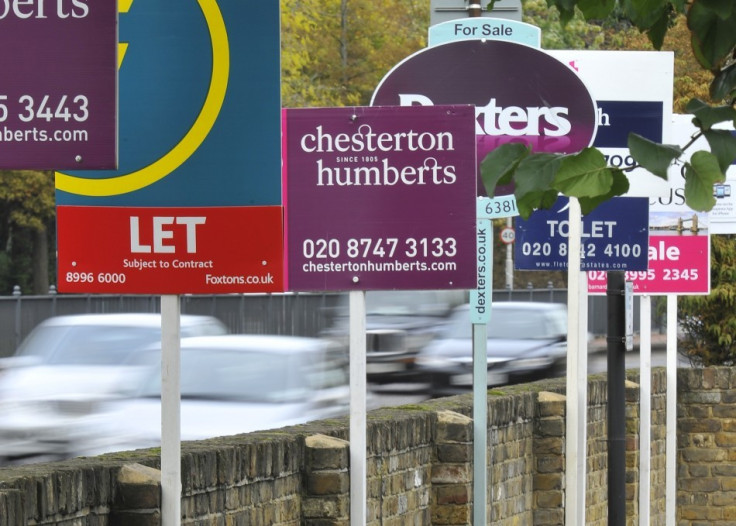House Prices Rise 0.2% in February - Nationwide

House prices in the UK increased by 0.2 percent month-over-month in February, as the ailing housing market is experiencing a gradual recovery amid squeezed household finances.
Nationwide said that house prices rose 0.2 percent on month in February to an average £162,638 ($246,706, €188,784), following a 0.5 percent gain in January. On a year-over-year basis, house prices were stable.
Average house prices in February, however, were 4.4 percent below their June 2010 peak and 12.6 percent below their October 2007 record high.
The building society noted that house prices experienced lack of movement in the last two years, but there were signs of recovery in recent months due to improvements in the job market.
"While the economic backdrop remains challenging, there are reasons for cautious optimism that activity will gather momentum in the months ahead," said Robert Gardner, Nationwide's chief economist.
"In particular, employment is rising at the fastest pace since the late 1990s which, if maintained, should help support demand for homes.
Nationwide expects any progress in the sector to be gradual as household finance suffers from stubbornly high inflation.
Homebuyers were less confident, said Nationwide, despite the cheaper interest rates for mortgages on the back of the Funding for Lending scheme (FLS), launched by the Bank of England last August. The scheme provides cheap funds to banks and building societies, which they can lend to customers at lower interest rates.
"The small rise in house prices in February reported by the Nationwide ties in with our view that house prices will be essentially flat over the 2013 - as extended low interest rates and the likely increasing beneficial impact of the Funding for Lending Scheme in supporting mortgage lending are countered by still difficult economic conditions," said Howard Archer, chief economist at IHS Global Insight.
Limited market activity, relatively low and fragile consumer confidence, muted earnings growth and households' squeezed purchasing power are negatively impacting the recovery in the housing sector, according to IHS Global.
© Copyright IBTimes 2025. All rights reserved.






















